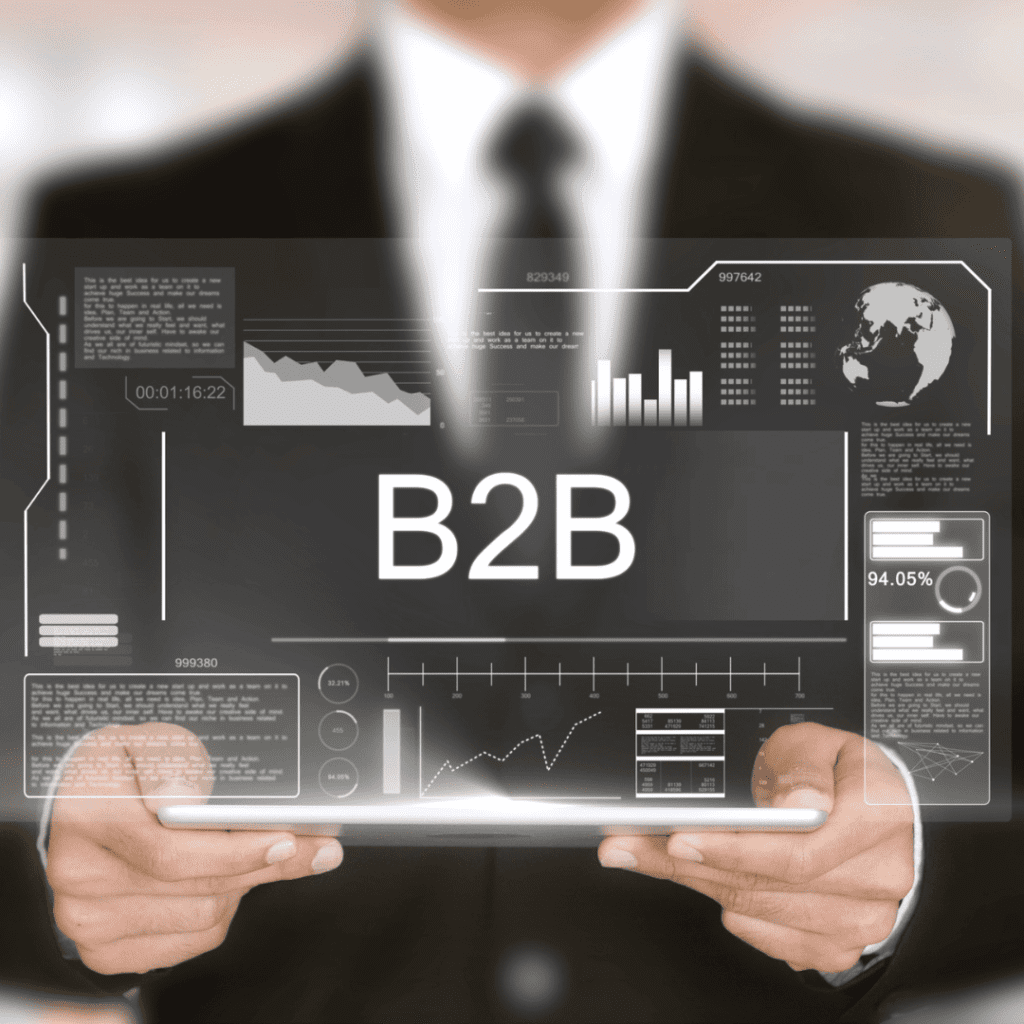The Power of AI in B2B Marketing
-
Bella Williams
- 10 min read

In the ever-evolving landscape of business-to-business (B2B) marketing, the incorporation of artificial intelligence (AI) has become a game-changer. As organizations strive to remain competitive and relevant, the integration of AI tools in their marketing strategies is not just an option but a necessity. AI’s ability to analyze vast amounts of data, predict trends, personalize content, and automate tasks is revolutionizing the way B2B marketers approach their craft. In this comprehensive exploration, we will delve into the transformative power of AI in B2B marketing and how businesses can harness its potential to maximize their marketing efforts and drive success.
AI Tools for Content Marketing Success
Content is king in the digital marketing realm, and AI is the ace up the sleeve for content marketers. AI-powered tools are capable of generating topic ideas, creating content outlines, and even drafting content that resonates with target audiences. These tools leverage natural language processing (NLP) and machine learning to understand context, tone, and semantics, ensuring that the content produced is not only relevant but also engaging. By utilizing AI for content marketing, businesses can ensure a steady stream of high-quality, SEO-friendly content that appeals to both search engines and human readers.
The Power of AI in B2B Marketing
AI’s impact on B2B marketing is profound. It enables marketers to craft personalized campaigns that speak directly to the needs and interests of their clients. With predictive analytics, AI can forecast market trends and customer behavior, allowing marketers to be proactive rather than reactive. This level of insight is invaluable in crafting strategies that are not only effective but also efficient, reducing wastage of resources and maximizing ROI.
Maximizing Marketing Content with AI Technology
The application of AI in marketing content goes beyond creation. AI can optimize content distribution, ensuring that it reaches the right audience at the right time through the most effective channels. It can also analyze engagement metrics to refine content strategies continually. By embracing AI technology, marketers can create a content ecosystem that is dynamic and responsive to the ever-changing preferences of their audience.
Unleashing the Potential of AI in Marketing Research
Furthermore, marketing research is critical to understanding the market and the competition. AI accelerates this process by quickly sifting through data and extracting actionable insights. Whether it’s sentiment analysis, competitor benchmarking, or customer segmentation, AI provides a level of depth and precision that manual research methods cannot match.
Revolutionizing B2B Marketing with AI-driven Strategies
In essence, AI-driven strategies are at the forefront of the B2B marketing revolution. From chatbots that provide instant customer service to AI-driven CRM systems that track and nurture leads, AI is making every aspect of marketing more targeted and results-oriented. By leveraging AI, businesses can create a seamless marketing funnel that guides prospects through a personalized buying journey.
B2B Product Research: A Step-by-Step Guide
B2B product research is a meticulous process that involves understanding market needs, evaluating the competitive landscape, and identifying product opportunities. AI can streamline this process by providing real-time market data and insights, enabling businesses to make informed decisions quickly and efficiently.
Mastering B2B Marketing: Strategies and Techniques
Essentially, to master B2B marketing, one must adopt a strategic approach that combines traditional marketing wisdom with cutting-edge AI technology. This includes developing a deep understanding of the target audience, creating compelling value propositions, and utilizing AI to enhance every touchpoint in the marketing funnel.
Effective Product Development Strategies for B2B Businesses
Moreover, product development in the B2B space must be customer-centric and data-driven. AI can play a pivotal role in product development by analyzing customer feedback, testing product concepts, and predicting product performance in the market. This leads to more successful product launches and a stronger market fit.
Creating Customer Journey Templates: A Comprehensive Guide
Furthermore, customer journey mapping is essential for understanding the experiences and touchpoints that influence a customer’s decision to purchase. AI can aid in creating detailed customer journey templates that reflect real customer behaviors and preferences, allowing for more effective marketing strategies.
In conclusion, the power of AI in B2B marketing cannot be overstated. It is an indispensable tool that enables businesses to create more impactful, personalized, and efficient marketing strategies.







